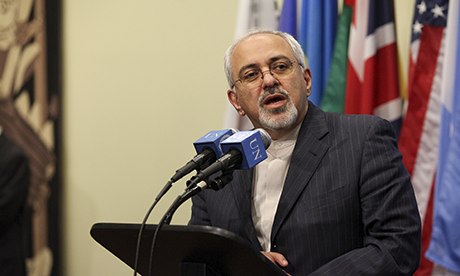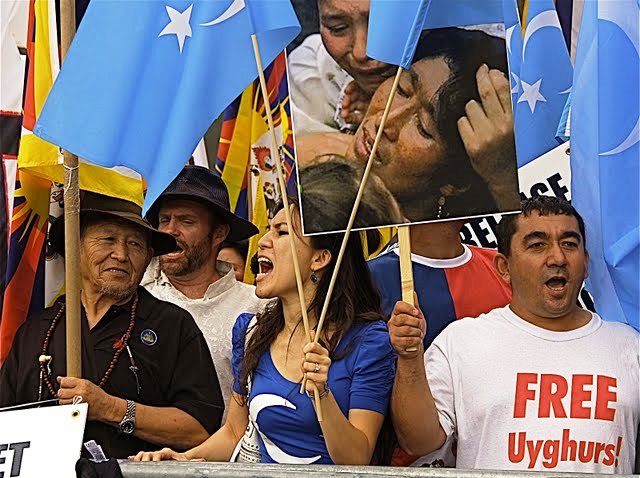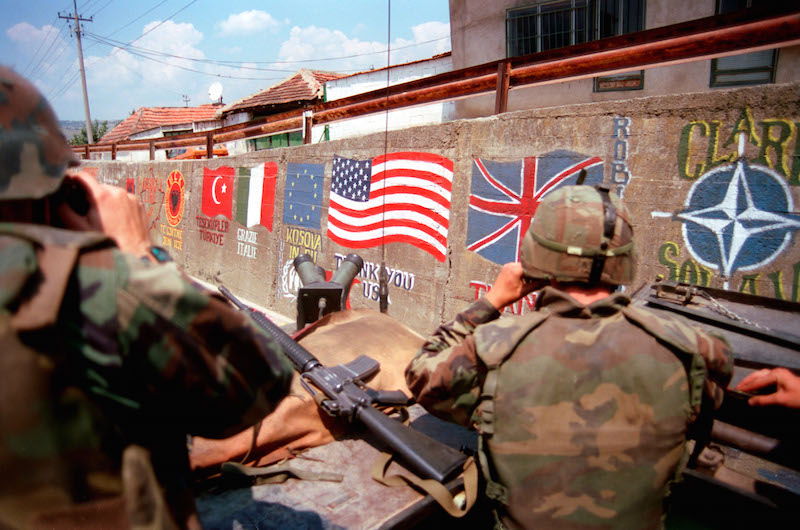On October 15, Iran’s foreign minister, Abbas Araqchi, proposed the country’s development plan for uranium enrichment to the US, France, Russia, China, Britain and Germany. According to the outline, the country’s nuclear might would be restrained in return for a right to enhance its uranium supply, and an easing of the sanctions that have hindered the Iranian economy.
The proposal comes at a critical juncture as Western powers continue to worry that Iran’s nuclear industry is a covert weapons program. American officials stated that Iran’s nuclear efforts had progressed so much that the country now has to take preliminary steps to reverse its progress in order to reach an agreement. The same sentiment prevails in Israel, which is considered to be the main target if Iran were to acquire nuclear weaponry. During the opening session of the Israeli cabinet, Prime Minister Benjamin Netanyahu remained adamant that the West must act swiftly in its response, as it is only a matter of time before weapon capability will be developed.
While the Western countries, no doubt, welcome the Iranian overture, the American and Israeli statements would suggest that they will be cautious in negotiating an actual agreement. This issue is too important for hasty action.




